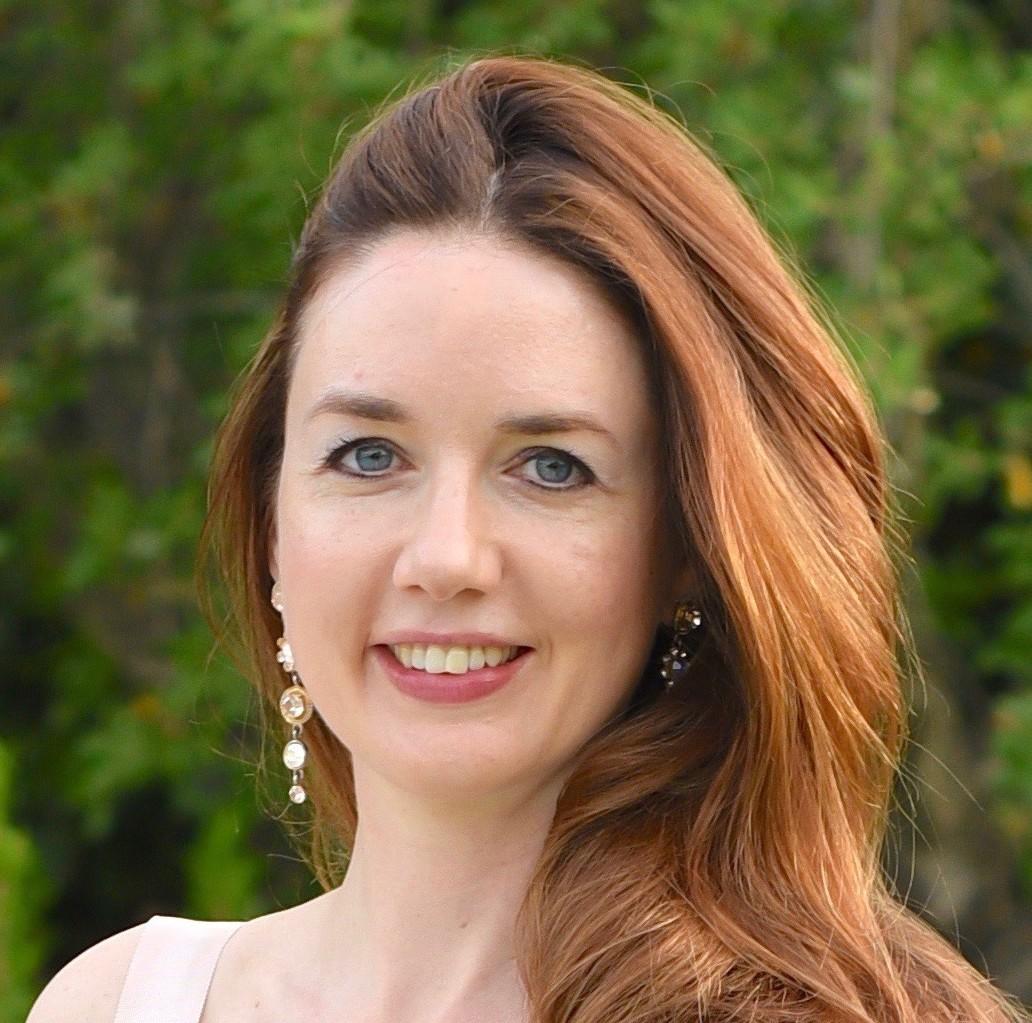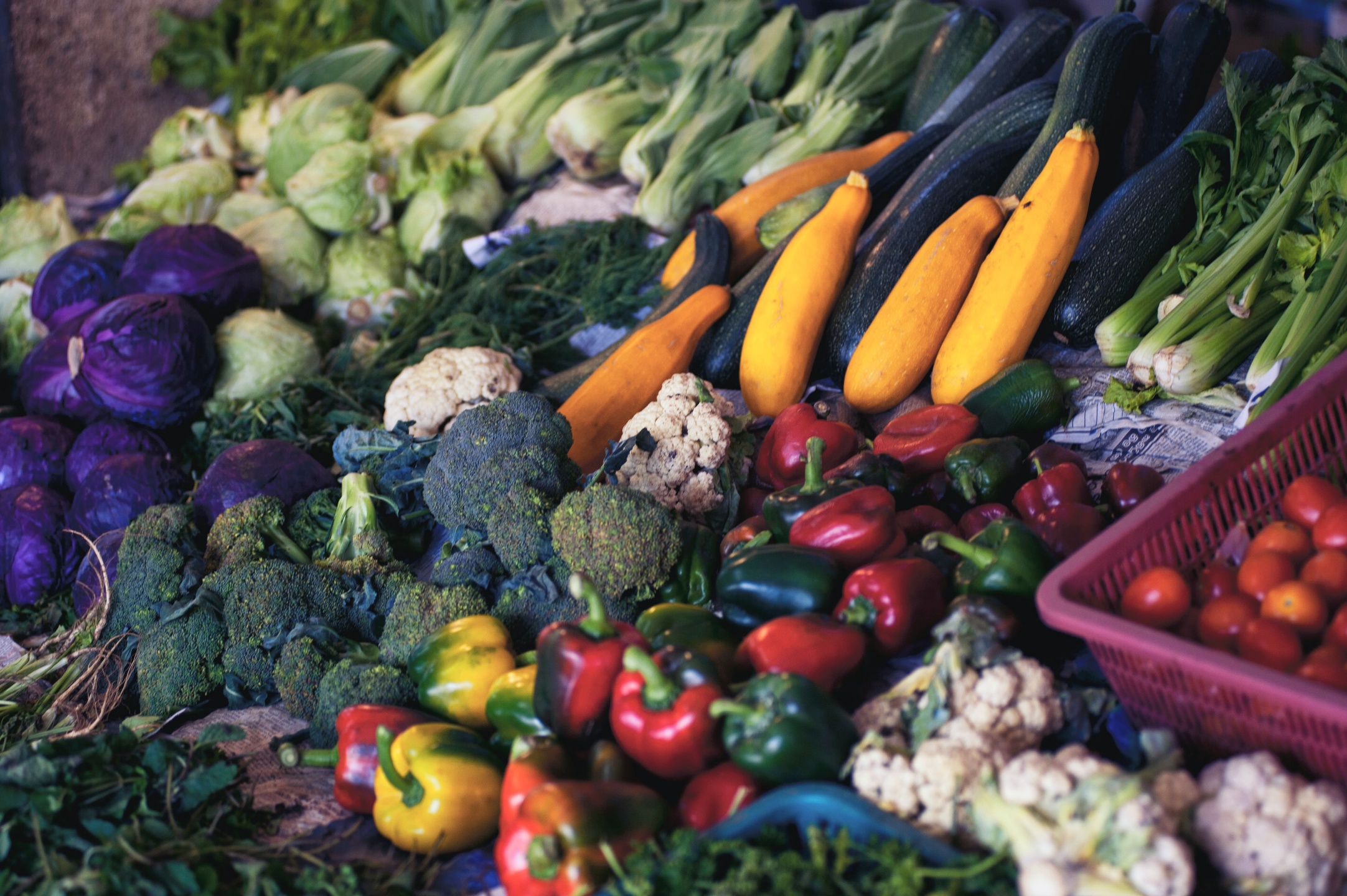The importance of iron

By Angela Wilson
Certified child sleep consultant, MA Natural Sciences Cambridge University and co-founder of Baby Smiles Club
Starting solids can be a daunting time for parents. Up until then, a baby’s diet has consisted of milk and more milk! With the introduction of solids comes a whole host of questions. When’s a good time to start? What foods shall I give them? Does everything need to be pureed?!
Eating well is one of the cornerstones of good health. What we eat plays a huge role in both our physical and mental health. And that goes for our children as well as it does for us.
The World Health Organisation says that “a healthy diet is essential for good health and nutrition. It protects you against many chronic noncommunicable diseases, such as heart disease, diabetes and cancer”. They also say that it’s good to start a healthy diet early in life. We couldn’t agree more!
The importance of iron
Iron rich foods are essential when a baby starts eating solids. Why?
- Babies are born with a reserve of iron, which comes from their mother’s blood when they’re in the womb. The reserve lasts only until around 6 months. After that, babies need to get iron from food sources.
- Iron is really important for a baby’s health and development. It’s needed to make hemoglobin, a protein which carries oxygen to your blood cells. If there isn’t enough iron, your blood cells can’t carry the optimal amount of oxygen to your body’s organs and muscles.
- Babies need iron for their growth and healthy brain development, and for the effective functioning of their cells and hormones.

Our Introducing Solids and Allergens ebook is a 34 page instantly downloadable ebook explaining everything you need to know about introducing solids, including how and when to introduce solids, the types of foods to give, and food allergies and intolerances.
Our advice is based on the most up-to-date science and research, together with the advice and recommendations from the relevant institutions worldwide, including the World Health Organisation, the NHS in the UK, Allergy UK and the American Academy of Allergy, Asthma and Immunology.

